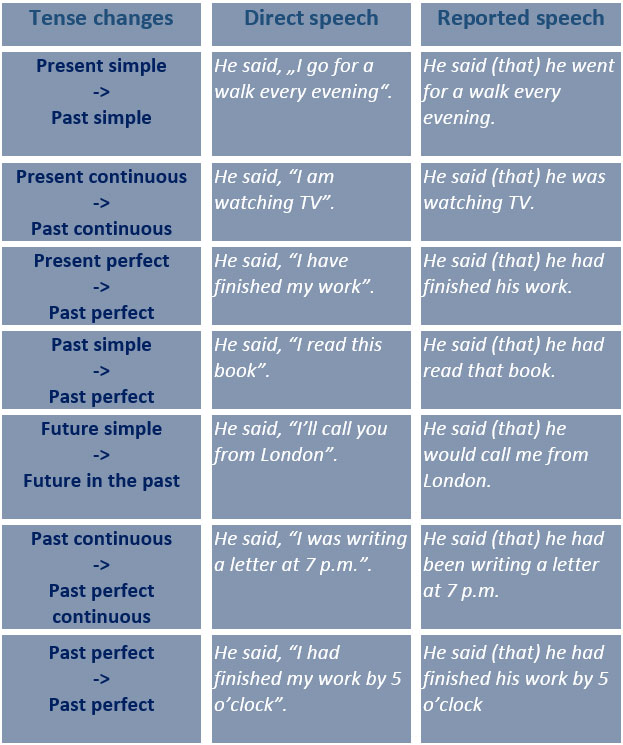Hi I recently took an exam but got one wrong. However, I think that I'm right and the answer could be wrong.
The question
The elephant asked, "Mr. Crocodile, will you tell me what you have for dinner?"
( oh, and the elephant's a female and the crocodile is a male :) )
Edit Full paragraph ;
One day, she became curious about what crocodiles ate for dinner. So she went to the river to find a crocodile. At the river she met a crocodile. The elephant asked, "Mr. Crocodile, will you tell me what you have for dinner?"
I wrote
The elephant asked if Mr. Crocodile would tell her what he has for dinner.
The answer is
The elephant asked if Mr. Crocodile would tell her what he had for dinner.
I think what he has for dinner, in this case, is a habitual action so the answer should be "has" , not "had".
(I interpreted the question as " asking for what the crocodile normally has for dinner " is this wrong?)
Besides, the answer sounds like the crocodile already had dinner and the elephant is asking what he had, so the meaning has changed.
I think the answer is wrong, but before I challenge it, I would like to hear professional opinions.
Thanks in advance!

